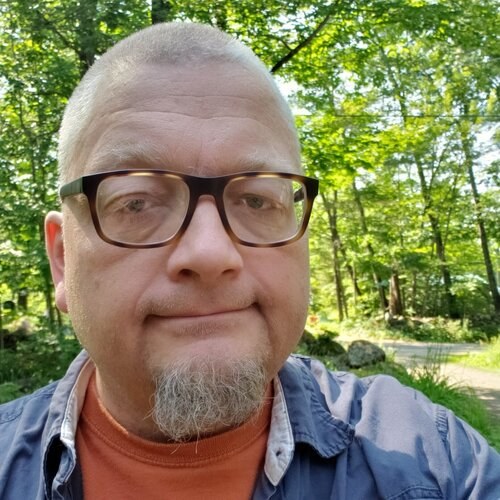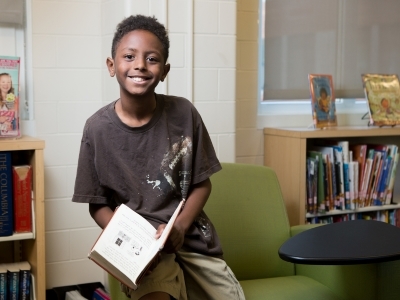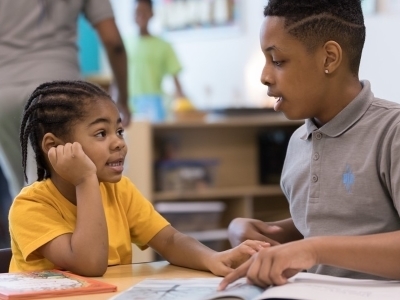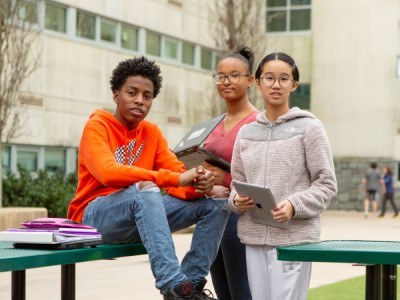Assessment for Good? The Conversation that Has to Happen
Topics

Educators are rethinking the purposes, forms, and nature of assessment. Beyond testing mastery of traditional content knowledge—an essential task, but not nearly sufficient—educators are designing assessment for learning as an integral part of the learning process.
Relation-based assessment for learning is an imperative when we have to figure out how youth are doing and where they are in relation to the curriculum following a springtime of trauma and absence.
Chris Chamberlain was the curriculum coordinator at Hall-Dale schools in central Maine. She mentored me during my curriculum internship back in the day, and her influence can be seen in nearly all of my practices, values, and aphorisms. We were part of a movement, including the superintendent, trying to bring our high school around to standards-based grading (cutting edge thinking, at the time) and for a year we had meeting after meeting after meeting. At one exhausted post-meeting debriefing, the sun going down outside the school, she reminded me, “Our job is to make sure that the conversations that have to happen, happen.”
So, we have to have a conversation about assessment. If you don’t feel this urgent need right now, you will when you’re responsible for a new group of kids (at whatever distance, as a teacher or a school leader) and you have to almost immediately figure out “how they are doing” and “where they are in relation to the curriculum.” Following a springtime of trauma and absence, we still have three horsemen (Recession, Racism, with Pandemic in the lead) coming right at us, and the opportunity to do harm to our kids is real. This is what is—and should be—keeping us up at night.
I used to talk about relation-based Assessment for Learning practices (performance, flexibility, student agency, etc.) as if it would be a “good thing” to happen. Like, “You should try to move in this direction, if you can.” But so much is at stake right now, and the pandemic, as George Will says, is an “accelerant” of our natural tendencies. If we don’t revisit our assumptions around assessment, if we don’t recognize that traditional assessments have provided information about our kids that is dangerously narrow, unresponsive to their contexts, and infused with bias, if we don’t recognize that and resolve to do something different—then we will be behaving unethically, and hurting kids.
That’s the conversation we have to have, and the one we will be having August 10 through 12, during the virtual Assessment for Good conference. In circle conversations we will look at assessment from pedagogical, personal, relational, and ethical angles. We will talk about how traditional assessment and the illusion of “meritocracy” have held up systems of whiteness in our schools. Peel back the layers. What do we need to know about kids’ learning right now in this place? What is possible to know about a kid’s learning (at any distance)? What is the cost—to educators, to the community, and most especially to the kids—of trying to know that? How can we “find out where kids are” in a way that is truthful, drives kids to learn better, and supports them as full human beings living in a rough time?
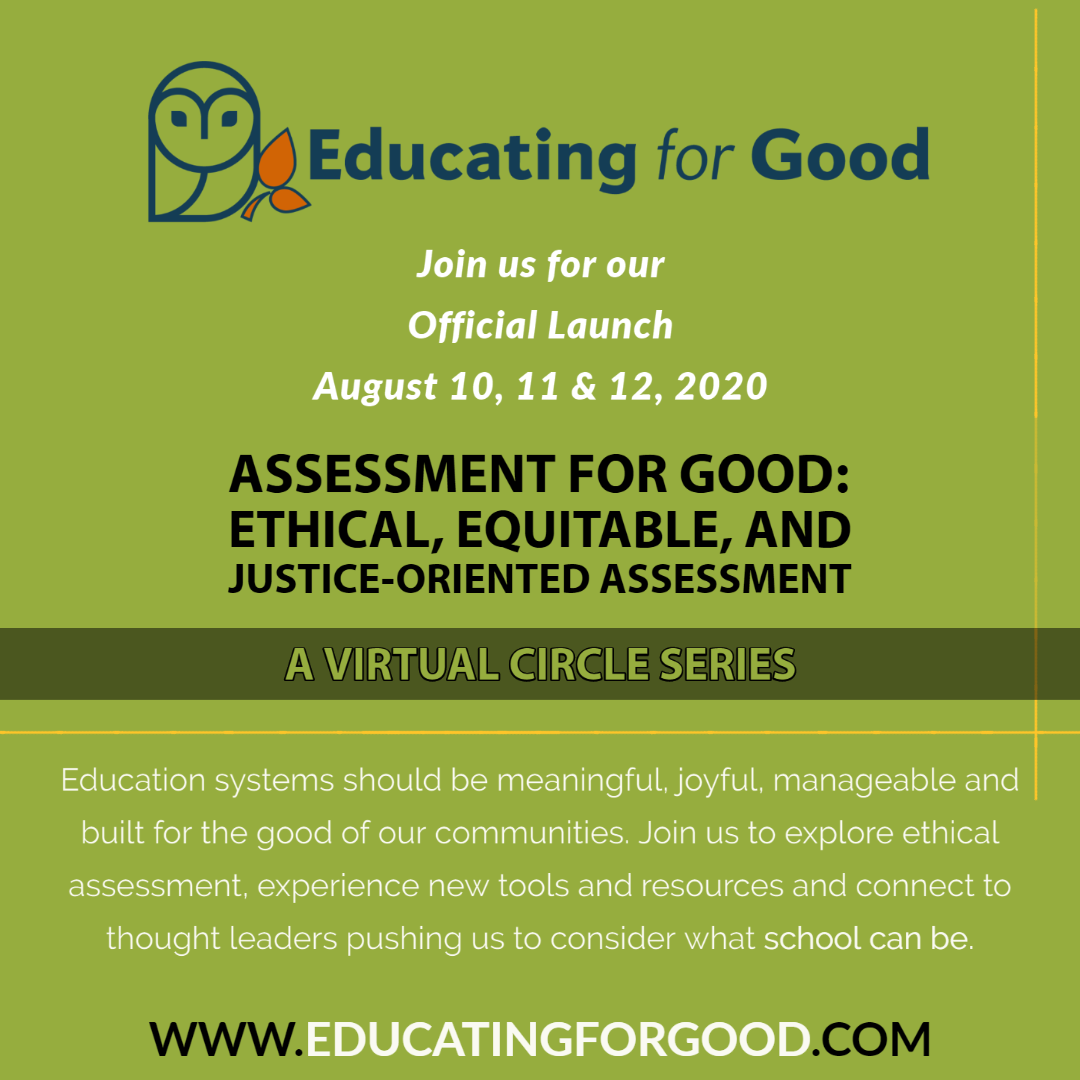
Chris Chamberlain, my mentor, wasn’t the first person to point to the importance of conversations, of course. Change happens one conversation at a time. But it was the first time I heard it, by which I mean to say, I heard it. There are a few things to understand. First, there is no efficient way around the “one conversation at a time” timeline. Trying to do that is exactly why change efforts fail. Second, many of our interlocutors—those who don’t want change—are not really trying to make an argument or to persuade, or to “win” the required conversation. They are trying to not have the conversation at all. Opportunities for change come in waves, moments when it is possible to envision and enact new forms for justice. The status quo thinks, correctly, that if they can just hold off having the required conversations—“Can we just concentrate on teaching and learning?” or “We have to get the tech in place, first” or “Yeah, but …”—then the moment will pass.
Don’t let that happen. Join us. We’ll be having many conversations—one at a time, of course. Why do we do assessment? For good.
Registration for the Assessment for Good: Ethical, Equitable, and Justice-oriented Assessment virtual conference (August 10 thru 12) is now open! And it’s free. Learn more.
Photo at top by PeopleImages / iStock.com

